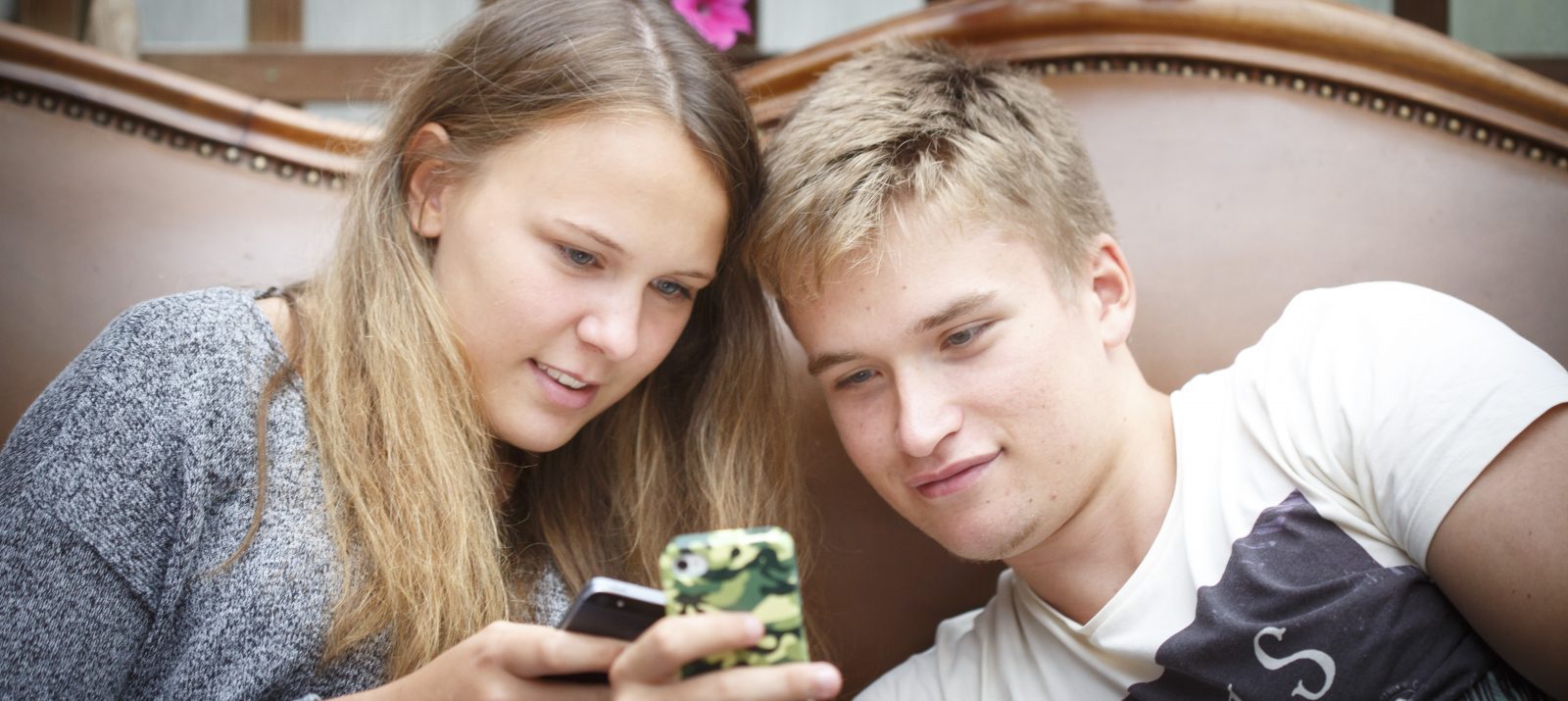
In series and films, in books and mangas, in video games or in the world of celebrities – young people everywhere encounter characters and figures that inspire them. Whether it’s superheroes like Spider Man, game characters like Ahri, anime characters like Levi Ackerman , or celebrities like Billie Eilish, teens look to a wide variety of media figures as their role models and look up to them.
Do you remember how enthusiastically your child told you about his favorite characters from movies and television a few years ago? From an early age, children orient themselves to their favorite media figures. Young people also look for role models not only in their immediate environment of family, friends or clubs, but increasingly in the media offerings they use.
Forming one’s own identity is one of the most important tasks in adolescence. Media content and characters take on important functions for young people. In this way, media role models can help people develop their own values. They can not only offer young people orientation and support, but even inspire them to try out and experiment with different identities and roles. It is character traits such as courage, honesty, loyalty, sincerity and perseverance that go down particularly well with young people. But they are also fascinated by characters who are particularly funny or original, or who have big goals and agendas.
Particularly important for teenagers is the exchange about their media idols. Through this togetherness between young people, a sense of belonging to peers is created. Often, clothing, (youth) language or hobbies, but also media use itself, show which media role models they feel close to. Youth cultures, such as e-boys and e-girls, are popular among young people, and by belonging to such currents they also distinguish themselves from one another within their peer group.
In addition to a large number of fictional characters from movies, series, video games and books, real people from the media world also inspire young people. These can be celebrities from the film and music industry or social media stars. With this variety of media figures, it can happen that one loses the overview. Here are a few examples:
Parents don’t have to like their children’s media idols. Still, share with your child about their media heroes. Ask which of their character traits your child particularly likes.
Media also feature figures who are not well suited as role models. They may model problematic behaviors or teach questionable values. Sometimes they reproduce stereotypical gender images, prejudices or clichés that result in a false or incomplete worldview. The role model function can also become doubtful in connection with advertising. For example, when popular influencers promote products, this can sometimes be done indirectly or covertly. Talk to your child about critical behaviors and clarify stereotypes. Remain neutral and unbiased when asking questions and engage with their world of media role models. Maybe it helps if you remember your own youth and your idols. How did you feel at that time?